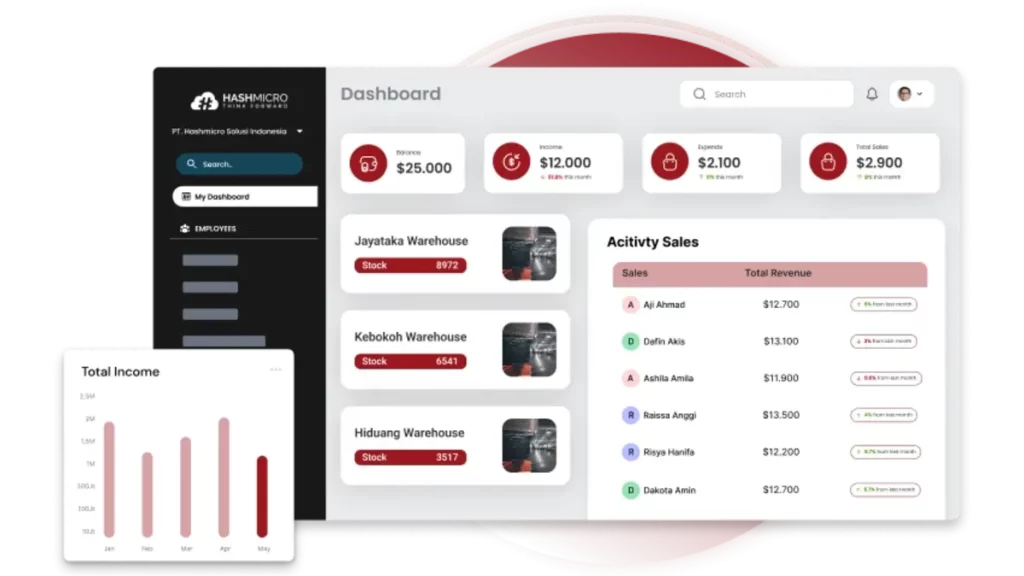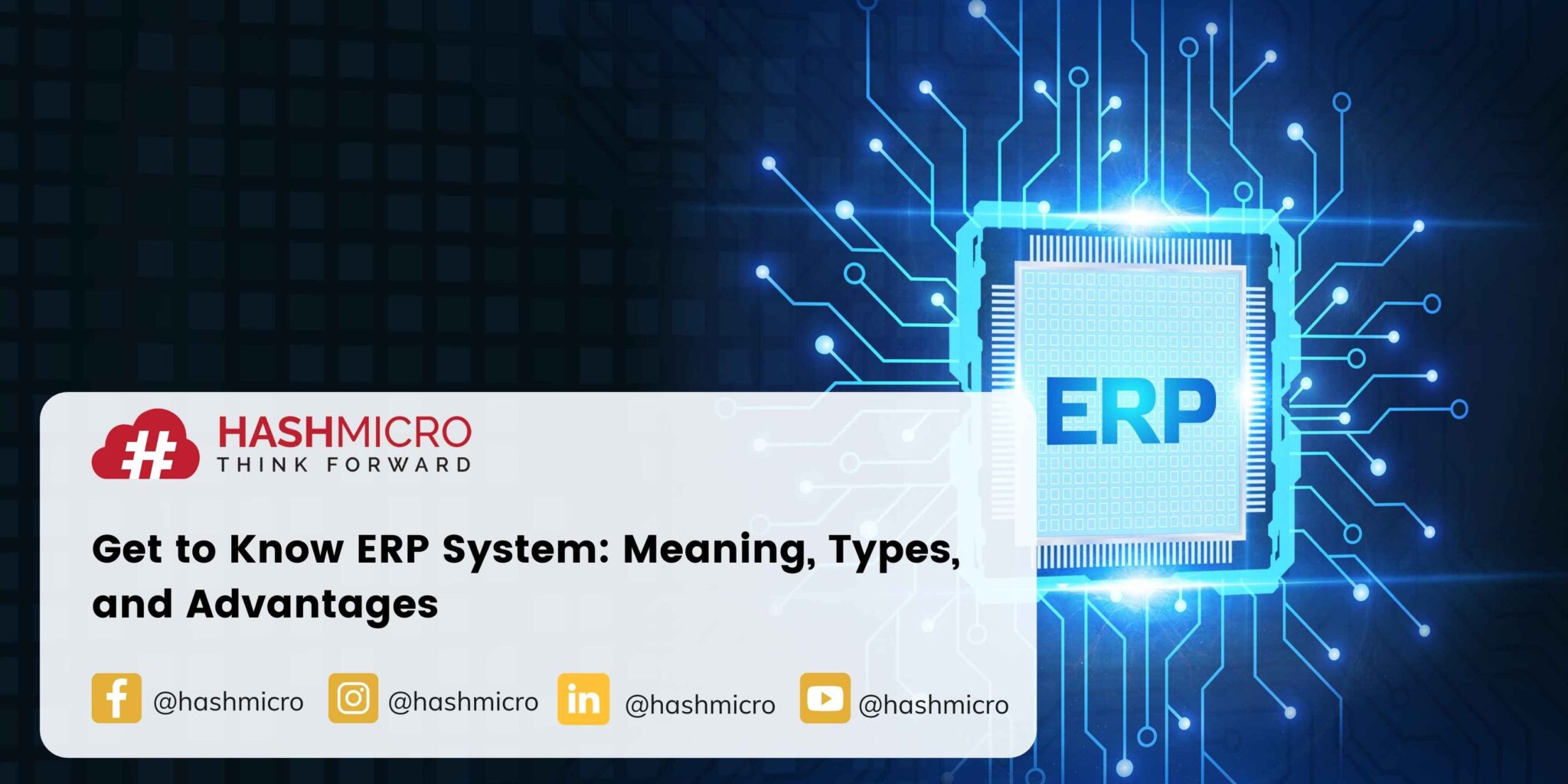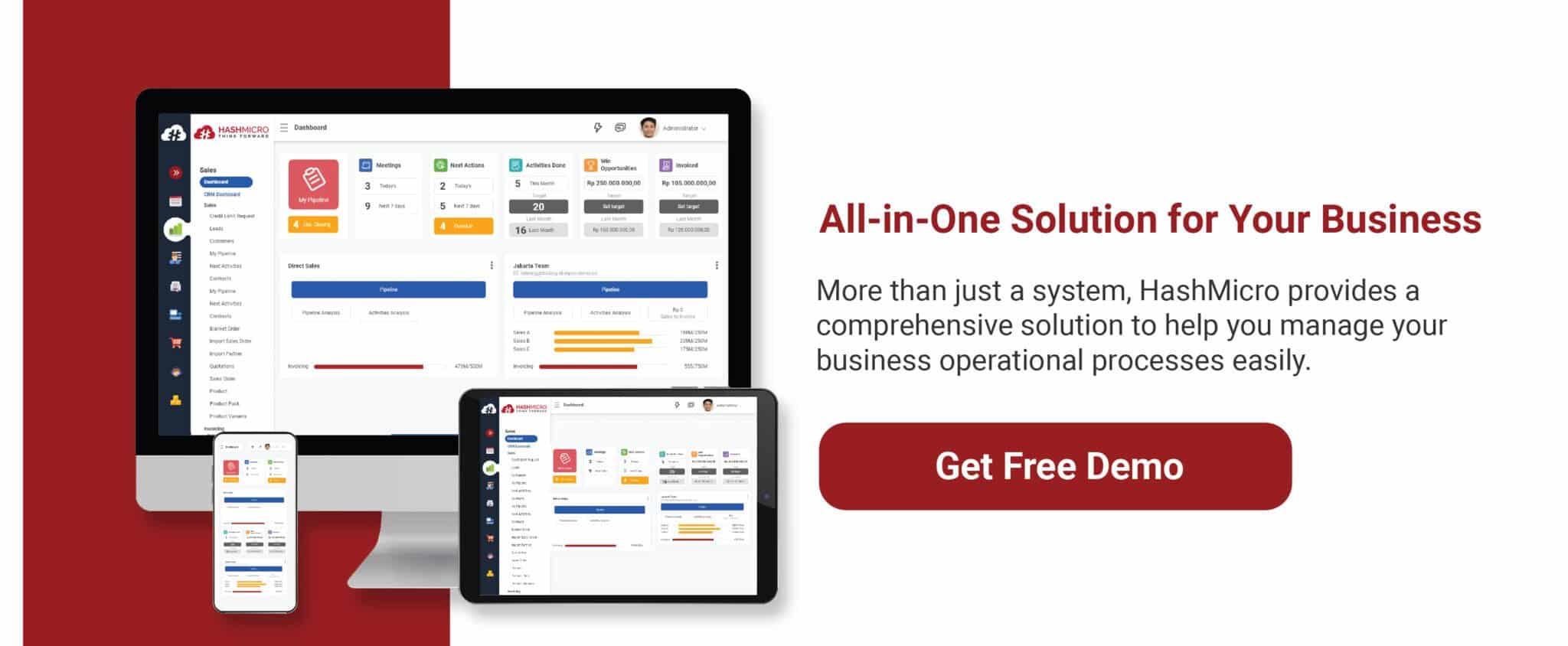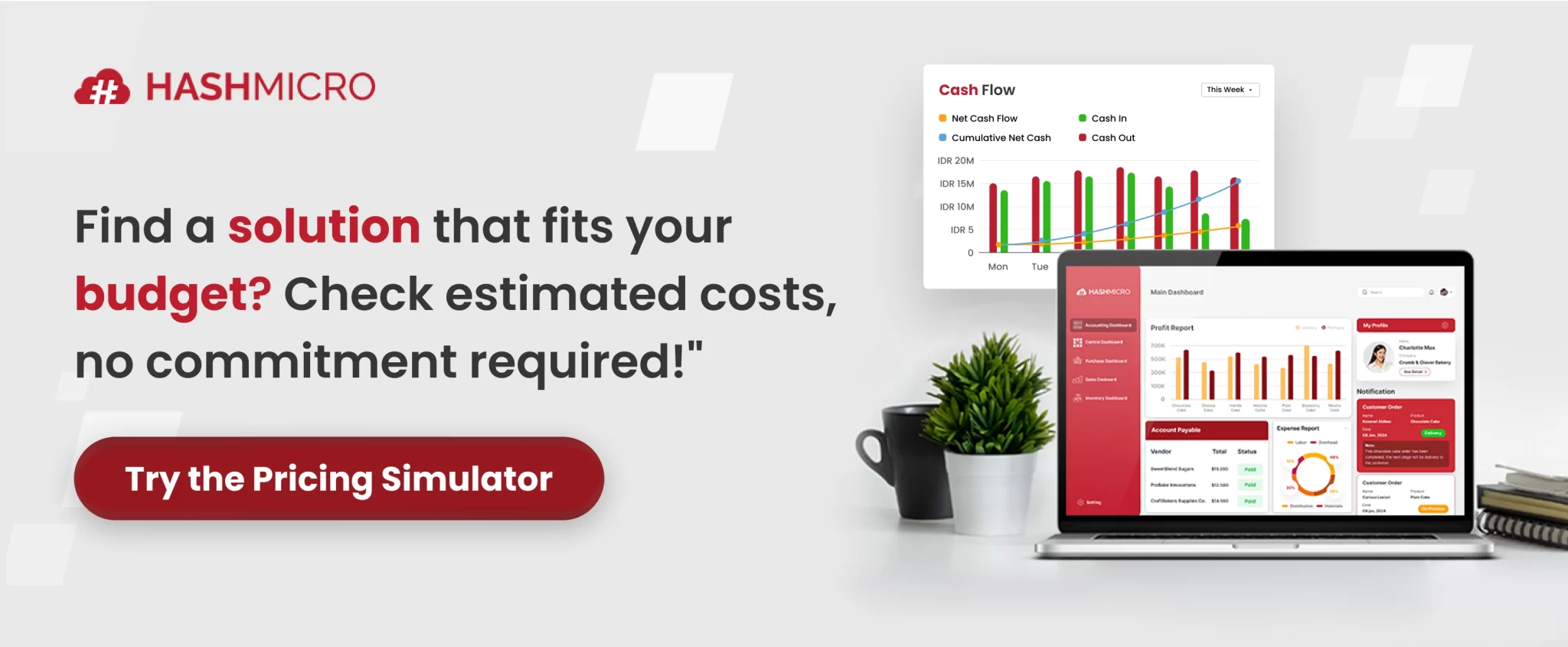When I first began searching for ways to enhance business operations efficiency, I discovered the benefits of Enterprise Resource Planning (ERP) systems. Gartner coined the term in 1990, emphasizing how companies across various industries, not just manufacturing, could use ERP to increase productivity and profitability.
Over the years, ERP systems have evolved from traditional software relying on physical servers to modern cloud-based solutions. These systems offer remote, web-based access, enabling businesses to manage operations from anywhere, at any time.
Today’s ERP solutions go beyond internal operations, integrating seamlessly with business partners and global networks. This connectivity gives companies the speed, agility, and collaboration tools they need to stay competitive in an increasingly fast-paced market.
Key Takeaways
|
What is an ERP System?
ERP system is a software application that automates company activities and delivers insights and internal controls. It does so by utilizing a central database that collects data from departments such as accounting, supply chain, manufacturing, marketing, sales, and human resources (HR).
Additionally, a complete ERP system includes enterprise performance management software, which assists organizations in planning, budgeting, forecasting, and reporting on their financial results.
ERP systems are composed of interconnected modules that communicate with one another and share a common database. Each ERP module generally focuses on a single business sector, but they collaborate to fulfill the company’s objectives by utilizing the same data. Businesses can pick and choose which modules to use and can scale up or down as needed.
What are ERP System Types?

There are various ERP systems available today, with prices varying widely depending on an organization’s size, function, and demands.
Generalist ERP System
Many cloud ERP solutions fall under the generalist ERP system type. These ERPs quickly adapt to the various industries’ procedures because these solutions provide many customization and integration capabilities to meet the unique requirements of each sector.
Moreover, there is a substantial market need for these types of ERPs. HashMicro ERP is an example of a generalist ERP.
Vertical ERP System
Vertical ERP systems are designed and used only by businesses in a particular industry. These high specialization systems enable well-defined business procedures specific to that sector.
Oftentimes, the vendors of these ERPs are also startups or smaller businesses specializing in a particular industry, such as supermarket logistics, construction, or retail fashion. Microsoft Dynamic AX is one example of this type of ERP.
Custom-built ERP System
A fully custom-built solution is created from the ground up to suit your exact needs. The other alternative is to take a generalist ERP software and customize it to your company’s needs, processes, and workflows.
Open-source or custom-built ERP solutions account for only a tiny portion of the total ERP market. This could be because the cost is higher than the previous ERP types. However, custom-built enhances usability and user acquisition, and you will have ERP software that actually tailors for your company.
Lightweight ERP System
Frequently, lightweight ERPs are modularized and have fewer features. This ERP system type focuses on only one or two business processes while ignoring the others, rather than fully integrating the system.
Lightweight ERP is also known as small business ERP. The term refers to ERP systems with business management applications to fulfill the specific necessities of a small to medium-sized business.
Here is the table summary of the types of ERP systems:
| Types of ERP systems | Description |
|---|---|
| Generalist ERP system | Offer broad customization and integration options to suit multiple industries. They adapt easily to different business processes, making them a versatile solution for diverse organizational needs. |
| Vertical ERP system | Tailored for specific industries, offering specialized features and workflows that match sector-specific needs. Niche vendors often provide them and help businesses, such as supermarkets or retail fashion companies. |
| Custom-built ERP system | Designed specifically for a company’s unique needs, either from scratch or by customizing general ERP software. Though less common due to higher costs, they offer a system tailored precisely to your business processes. |
| Lightweight ERP system | A modular system designed for small to medium-sized businesses. It focuses on one or two key processes rather than fully integrating all operations, providing essential tools without unnecessary complexity. |
Advantages of an ERP System
ERP systems are vital to businesses because they provide resource planning by integrating all of the procedures required to manage their businesses into a centralized system. Let’s examine some of the most valuable ERP advantages:
1. Data security
ERP software protects critical business data by centralizing it in one secure system, replacing scattered files and spreadsheets. Cloud-based ERP provides additional protection through multiple server backups, thereby reducing the risk of data loss.
The accounting system also controls access with customizable permissions, ensuring that employees only see what they need, which helps prevent fraud and unauthorized activities.
Also read: How to Effectively Improve Production Planning
2. Centralized and standardized data
One of the key benefits of ERP for a big enterprise lies in its ability to centralize information from all departments. Without it, data is often scattered across multiple applications and spreadsheets, making it difficult for employees to locate the information they need.
ERP systems solve this by standardizing critical data within a single platform. With uniform formats, reporting and analytics become simpler and more accurate, enabling businesses to gain actionable insights, make informed decisions, and save both time and costs.
3. Compliance
Maintaining accurate and easily accessible records is essential for meeting regulatory requirements, and ERP software simplifies this process. Customizable reporting tools allow businesses to monitor compliance and provide auditors.
Many ERP systems also support specific financial standards, such as GAAP, and regulations like the Sarbanes-Oxley Act (SOX). Leading solutions stay updated with regulatory changes, helping companies remain compliant even in highly regulated industries.
4. Increased Productivity
ERP systems can significantly enhance productivity by automating routine and repetitive tasks, allowing employees to focus on higher-value activities. Streamlined processes and centralized information reduce the time spent searching for data.
With full visibility across the organization, employees no longer need to rely on others for information, further speeding up workflows. This increased efficiency can also reduce the need for additional hires.
5. Visibility
ERP systems provide comprehensive visibility across all areas of a business, giving managers and teams the context they need to make faster, more informed decisions. For instance, if the purchasing team can track in-transit orders, they can plan new purchases more accurately.
This transparency enables every department to perform more effectively, reduces delays, and eliminates the effort spent searching for critical information, ensuring smoother operations throughout the organization.
Also read: Post-Circuit Breaker Budgeting Tips for Businesses
Streamline Your Operational Business with HashMicro ERP System

HashMicro ERP System is an all-in-one solution designed for businesses in Indonesia, aiming to streamline operational processes and boost efficiency. This system is suitable for a wide range of industries, including professional services.
With an intuitive interface and AI integration, HashMicro ERP helps teams manage operations seamlessly, connecting modules such as sales, accounting, procurement, and inventory for unified management.
In addition to core functionalities like process management, forecasting, and data analysis, HashMicro ERP offers key features designed to optimize business operations, including:
- Real-Time Activity Tracking: Monitor operational tasks and workflows in real time to ensure accuracy and efficiency.
- Mobile Access: Manage operations and access essential data via mobile apps to support team mobility.
- KPI & Performance Tracking: Set targets and evaluate team performance across departments.
- Data Integration: Connect information from multiple platforms for data-driven decision-making.
- Operational Insights: Analyze performance metrics to identify bottlenecks and opportunities for improvement.
- Process Analysis: Identify high-performing processes to optimize resource allocation and workflow efficiency.
Conclusion
Organizations with access to these new technologies can swiftly improve their business best practices as ERP software advances. They can automate operations that used to need extensive manual involvement, such as financial account reconciliation.
HashMicro is one of the best-in-class ERP software to advance your business. With HashMicro, your business efficiency and productivity will improve to the highest level.
Frequently Asked Questions
What is the ERP system?
An ERP system consists of integrated module solutions or business applications that share a common database, connecting them and enabling them to communicate with each other. Each ERP module typically focuses on a specific business area, but they work together to utilize the same data and meet the company’s overall needs.Are ERP and SAP the same?
SAP is a leading provider of ERP (Enterprise Resource Planning) software, offering a suite of tools for managing business processes. While ERP refers to any integrated system for managing core business functions, SAP is a specific ERP solution known for its scalability, industry-specific modules, and global presence.What are the three main ERP systems?
The most common types of ERP systems include cloud ERP, on-premise ERP, and hybrid ERP.



































